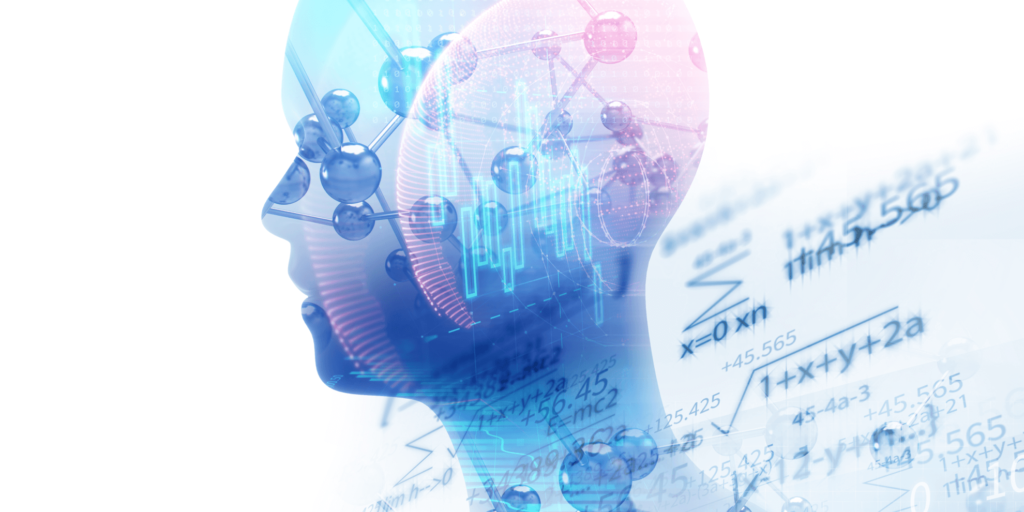
Due to the rapid global digitalization and prevalence of smart devices, AI in education is quickly gaining traction. New AI EdTech applications are regularly being published, and they combine deep learning, machine learning, and advanced analytics to deliver an innovative experience.
AI has the power to completely transform the education landscape, and teachers are eager to leverage this technology for the good of their students. With AI in education, it is possible to provide personalized learning experiences, ensure accessibility, produce smart content, and continually assess learners. Today, we’ll focus on the latter aspect. How does AI contribute to intelligent, ongoing assessment of students?
What Is Continuous Assessment?
Continuous assessment refers to the frequent and ongoing analysis of a student’s learning performance. This can take many forms – from formal tests and teachers’ observations to students’ self-reflection and creative projects. Continuous assessment provides teachers with an indicator of how their students are performing, and it enables states and school districts to set qualitative learning standards.
However, with an average class size of 21 in the US, it can be exceedingly difficult for a single teacher to continuously assess the class. This is where AI applications come in.
How AI Can Be Applied to Continuous Assessment
AI is well-suited for formative assessment for the following reasons:
- It can provide individualized feedback on particular content and learning standards. This is an incredibly powerful advantage of AI assessment. Teachers can only be in one place at a time – it’s impossible to provide individualized feedback to all students at all times. But with AI technology, it has become possible for each student to get simultaneous personalized feedback. AI applications are able to identify pedagogical materials that are adapted to the student’s level, make predictions and decisions, and provide data-based learning recommendations to each student.
- It can provide individualized feedback on study skills, helping students “learn how to learn.” Including students in the self-assessment process is a critical component of effective continuous assessment. Students need to recognize their learning strengths and weaknesses and self-regulate their approach. AI software can have built-in regulation prompts that remind students to stop, check their understanding, and defend their reasoning during study time.
- It can be applied outside of school and via mobile devices, increasing a student’s “learning hours.” Traditionally, the teacher is the main source of continuous assessment and feedback. Students are only able to access feedback during class time and within the classroom. AI software, on the other hand, can provide learners with meaningful assessment and feedback at any time and any place.
- It can assess messy and complex knowledge domains. AI has the potential to help measure important learning standards – not just easy one. One major area of AI advancement is in natural language processing. It is now possible for student’s verbal and written ideas to be evaluated by AI programs, and they can receive nearly instant, targeted feedback.
